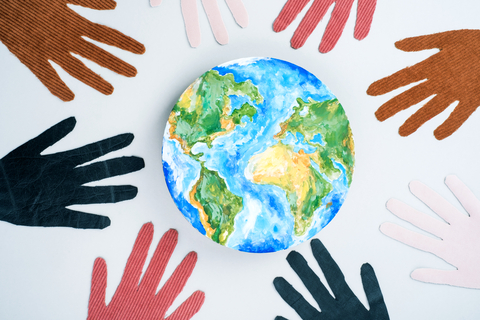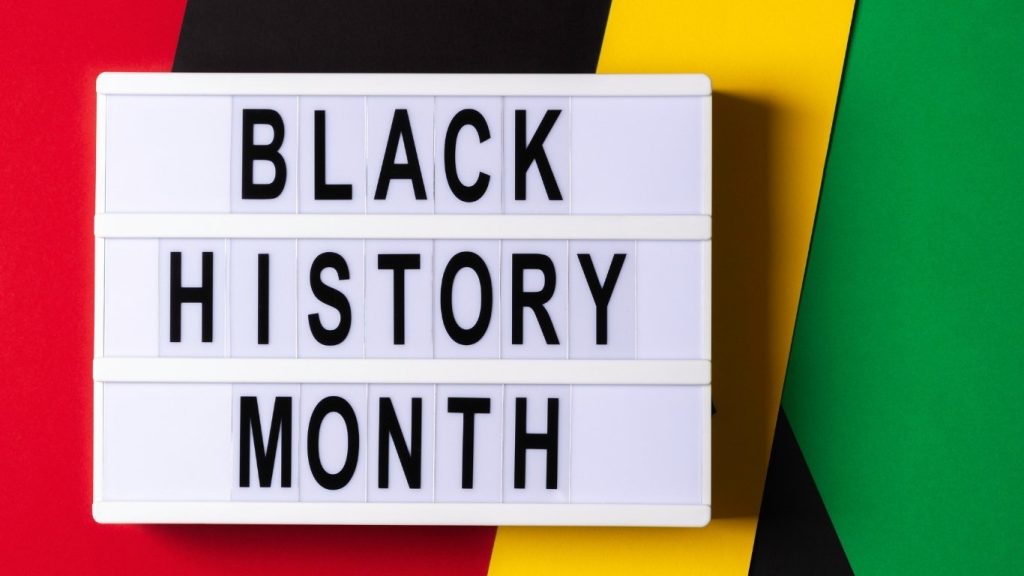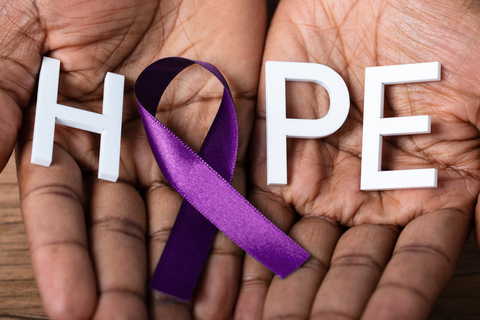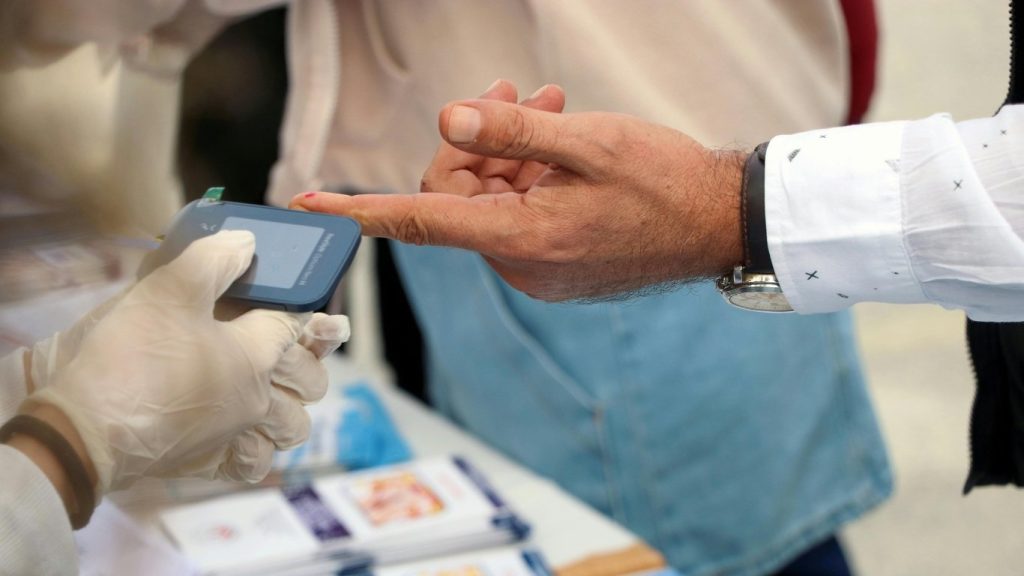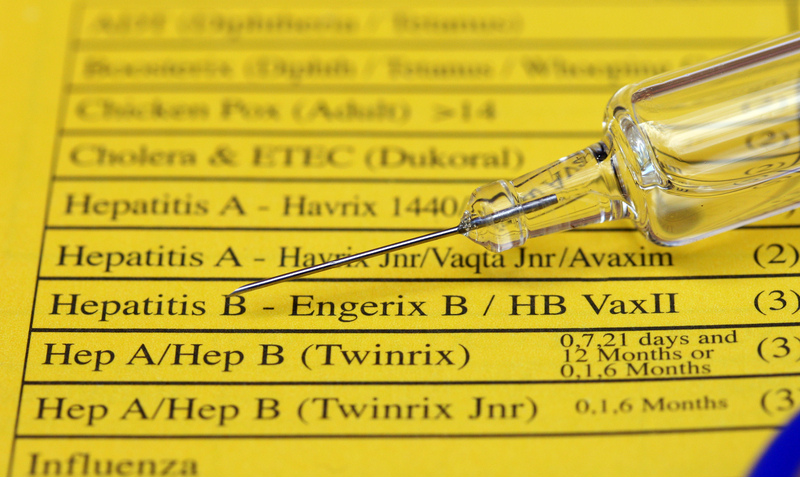- By Jessica Wilson
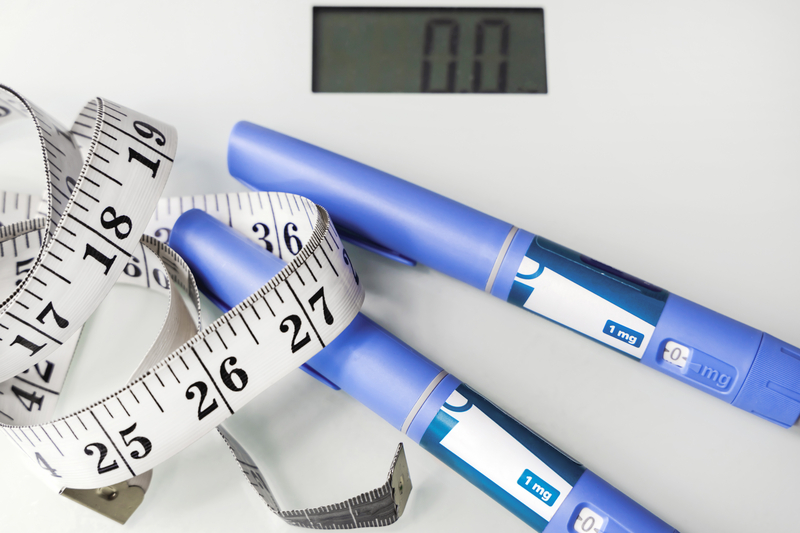
The promise is enticing: faster results, no doctor’s appointment, and often, no prescription. With just a few clicks, weight loss “miracles” can be shipped to your door. But behind the aesthetic packaging and glowing online reviews, a dangerous truth lurks — many of these products are counterfeit, contaminated, or outright toxic.
A Market Ripe for Exploitation
The demand for weight-loss medications has skyrocketed in recent years, fueled by social media trends, celebrity endorsements, and legitimate breakthroughs in prescription treatments like GLP-1 receptor agonists. Unfortunately, that demand has opened the floodgates for black-market and counterfeit products.
Criminal networks have seized the opportunity, selling unregulated injections, pills, and powders through social media, e-commerce sites, and even local gyms. These knockoffs often mimic the appearance of real drugs but contain the wrong active ingredient — or none at all. Because of this, in Black and Latino communities, “pharmacy deserts” have fewer pharmacies and higher closure rates than white areas in many U.S. cities, which can push people toward informal or online sellers where counterfeits are common. Along with obesity being more present in those communities, turning to unregulated sources may be the only option for some.
What’s Really Inside?
Laboratory tests conducted by the FDA and independent researchers have found alarming contents in fake weight-loss drugs, including:
- Industrial chemicals not meant for human consumption
- Incorrect dosages of active ingredients, risking overdose or dangerous side effects
- Completely different substances — sometimes antibiotics or stimulants — mislabeled as weight-loss drugs
A case by pharmaceutical company Eli Lilly issued warnings that some compounded (non-FDA-approved) versions of trizepatide (used in Monjaro and Zepbound) contained bacteria, high impurity levels, wrong chemical structures, or were just sugar alcohol.
Why People Take the Risk
Price and availability are big drivers. Legitimate weight-loss drugs can be expensive, require ongoing prescriptions, and may not be covered by insurance. For many, especially in communities with limited access to healthcare, counterfeit products seem like an affordable shortcut.
But that shortcut can be deadly. “When people buy off-market drugs, they’re gambling with unknown substances,” warns Dr. Kendra Hall, a toxicologist at Johns Hopkins. “They may think they’re saving money or time, but the long-term costs — to their health, their wallet, even their life — are far greater.”
A Call for Action
Public health advocates say the solution isn’t only about cracking down on counterfeiters — it’s about making legitimate care accessible. That means addressing the steep costs, expanding prescription coverage, and ensuring patients have trustworthy avenues for treatment. If in doubt about the legitimacy, you can verify drug authenticity by contacting the manufacturer directly or checking the FDA’s database of approved medications.
Trending Topics
Features
- Drive Toolkit
Download and distribute powerful vaccination QI resources for your community.
- Health Champions
Sign up now to support health equity and sustainable health outcomes in your community.
- Cancer Early Detection
MCED tests use a simple blood draw to screen for many kinds of cancer at once.
- PR
FYHN is a bridge connecting health information providers to BIPOC communities in a trusted environment.
- Medicare
Discover an honest look at our Medicare system.
- Alliance for Representative Clinical Trials
ARC was launched to create a network of community clinicians to diversify and bring clinical trials to communities of color and other communities that have been underrepresented.
- Reducing Patient Risk
The single most important purpose of our healthcare system is to reduce patient risk for an acute event.
- Jessica Wilson
- Subash Kafle
- Jessica Wilson

